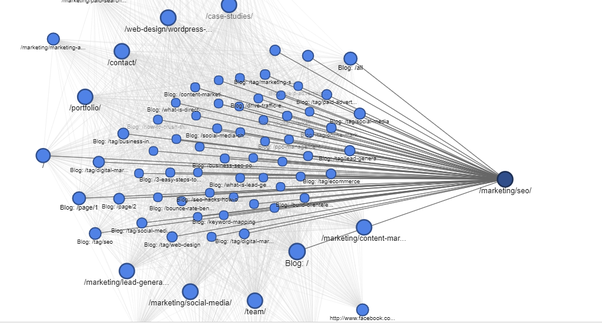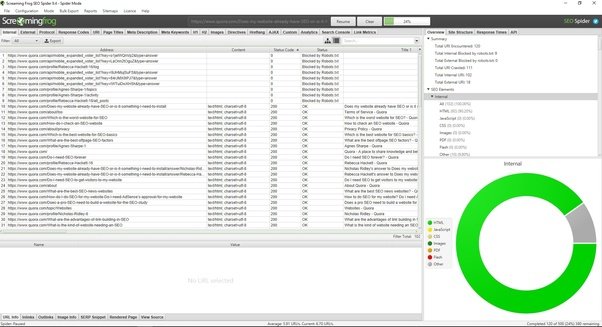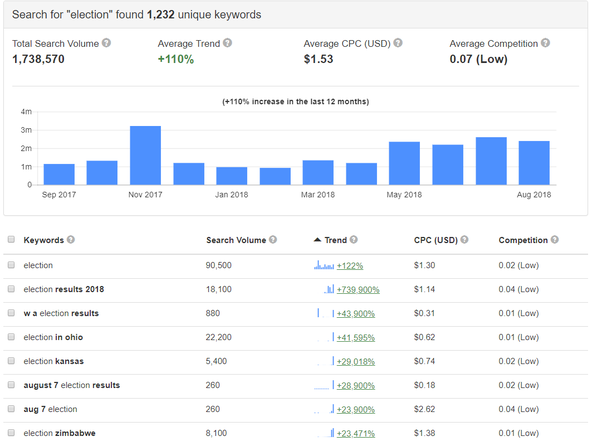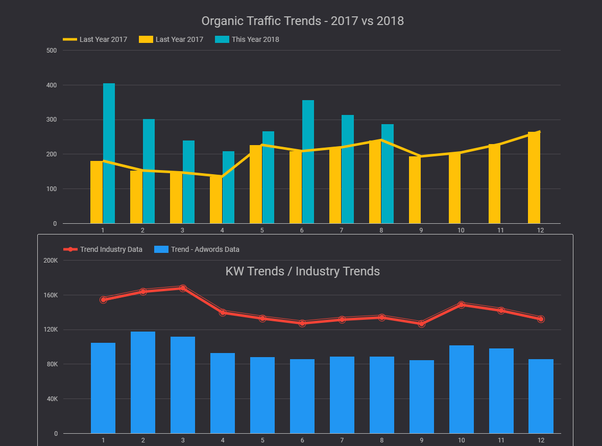Does my website already have SEO or is it something I need to install?
 Great question! The first misconception to clear up is that you do not “install” SEO. SEO stands for Search Engine Optimization. SEO is the process of improving your website to make it more discoverable in search engines like Google and Bing, most of these improvements are geared towards making visitors to your site more satisfied with their experience!
Great question! The first misconception to clear up is that you do not “install” SEO. SEO stands for Search Engine Optimization. SEO is the process of improving your website to make it more discoverable in search engines like Google and Bing, most of these improvements are geared towards making visitors to your site more satisfied with their experience!
Of course, this process can involve installing tools to assist you. As to date though, there isn’t an SEO tool that does all the work for you (although some claim to).
Here’s an overview of SEO processes adapted from the answer I provided to the question: What SEO practices are the most noteworthy?
I like to Group SEO Tasks Into Three Main Branches:
Technical SEO
Keyword research & targeting
Offsite SEO
(A basic auditing tool can provide a list of all pages on your website & tell you if something is broken)
Technical SEO consists of auditing sites in search of errors which can prevent users and search engines from accessing or enjoying your website. Some common problems can prevent websites from being discovered by Google, and that’s a bad place to start if you’re trying to get noticed. Other errors will leave users confused or lost, if your navigation menu takes a user to a page which is broken and displaying a 404 error for example. Pages that needlessly redirect in a loop are also a big problem.
Take Action: To take action on technical issues you’ll want to use an auditing tool. Screaming Frog SEO spider is a great free tool. I’d suggest learning the basics using this software before paying for a more comprehensive software.
(This Keyword Planner is a way to check which terms are used in people’s search queries)
Keyword research & targeting is really just asking the question, “who is my audience, and how do they search for my product?” It’s important to define what language accurately describes your product/service and to then evaluate the competitive landscape your site will exist in. SEO is often about looking for untapped opportunities for content, things that will delight your audience but that is not oversaturated with other players. This branch is often referred to as Onsite and it involves applying what you learn from keyword research to your page content & meta fields.
Take Action: Basic keyword research can be done just by brainstorming, looking at search results, checking out your competitors and more. Tools like MOZ’s on-page grader are user-friendly when you’re ready to make a financial investmen
(Search engines weigh how well networked your website is)
Offsite SEO is the act of earning citations on other sites that will reference your own. To understand this it’s sometimes helpful to remember that Google is the multi-billion dollar company it is today probably because they factored in the weight of backlinks in their ranking, which was unique at the time. Specific examples include getting your site listed in local directories like Yelp, to earning backlinks for detailed data-backed research that helps others.
Take Action: Popular people are well-connected, and so are popular websites! Don’t take shortcuts here. Brainstorm content that’s relevant to your target audience and also something that they would share. Earned links will never get you penalized for trying to spam search engines.
(A year to year comparison of website traffic compared to industry search volume)
Bonus tip: Don’t forget to track your results! SEO isn’t magic, it’s a process that can be somewhat scientific if you learn how to measure outcomes over time.
Tools, resources, and recommendations:
Screaming Frog SEO Spider, free up to 500 pages (to check for broken links etc)
SEO Site Audit tool by Ahrefs, my favorite paid technical SEO audit tool right now
5 Tools and Websites to Generate a Free SEO Report This contains a longer list of free tools that I recommend